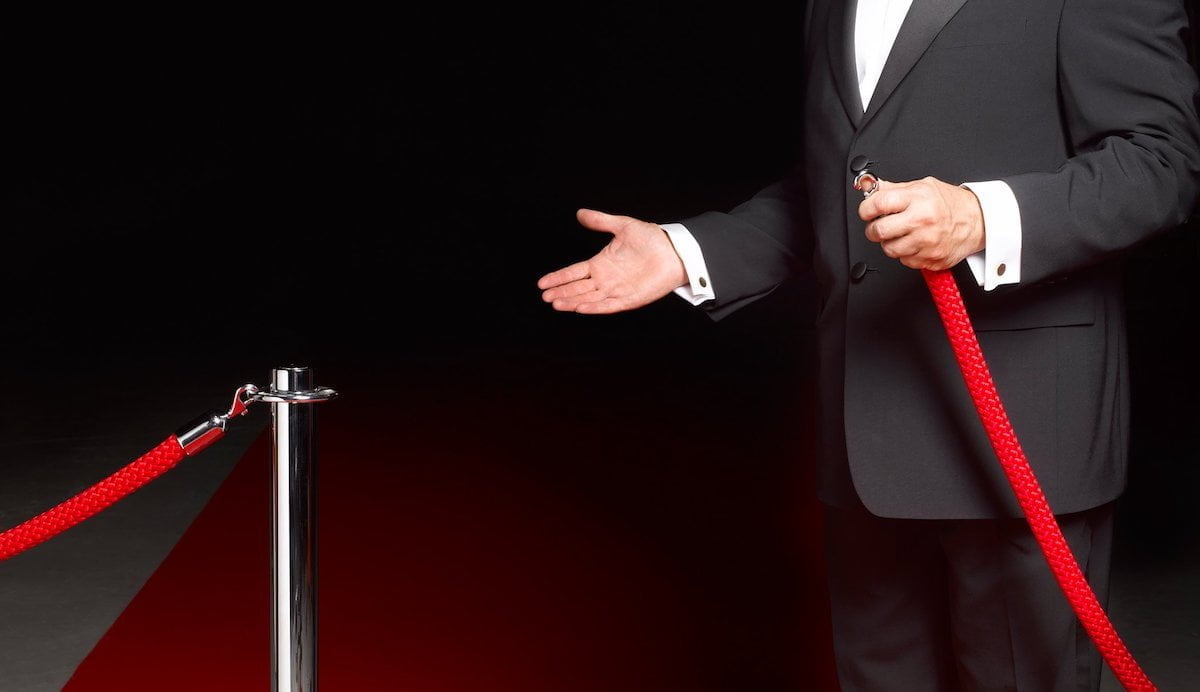When you think of a general sales manager at a sports radio station, it is easy to imagine that person desperately trying to sell every second of air time. If it can net a few hundred extra bucks, they will sell a sponsorship of the sound of the mics clicking on and off.
More revenue is a good thing for any radio station, but how you go about creating that revenue matters. Selling everything means everything costs less. Creating exclusivity increases every spot and live read’s value and sends the message that the advertising partners and their success matters to your station.
I spoke with David Scharf, the Director of Sales for ESPN 1000 in Chicago recently. We discussed his station’s inventory strategy.

Scharf sees value in exclusivity. The products he is selling should mean something to the buyers. He told me that is especially true with live reads. Since those are sold at a premium, it is imperative they present a premium opportunity for advertisers.
“We provide category exclusivity for our advertising partners that utilize our talent to read (live or pre-recorded) their advertising message,” Scharf told me. “We stick to a structured live read clock that allows live commercials in only 3 of our 4 commercial breaks.”
Limiting the number of ad reads in an hour is pretty common practice. Creating category exclusivity is interesting though. Particularly when you consider how much gambling money is out there for stations to take advantage of.
I have spoken with GMs and PDs at stations in markets that allow sports betting that are taking the approach that the only rule to live by right now is there are no rules. Hosts have multiple gambling endorsements, producers have endorsements, even in some cases, production directors with familiar voices have endorsements.
Gambling money is plentiful in Illinois right now, but an over-saturation approach isn’t one you will see ESPN 1000 taking anytime soon. Finding spots for those advertisers to put their message is a team effort when you are trying to make sure there is still some feeling of exclusivity and that the ad space is at a premium.
“We try and share in the access for endorsers and for special features and content on the air,” Scharff says. “Our traffic team will also double check to see if they can allow advertisers the ability to be the only advertiser in that category in the specific break. Much tougher these days with all the new apps and sportsbooks opening up in the area, but we try.”
It’s not hard to figure out how to truly create a premium product. If you want to sell ad time for a higher price, you have to limit the availability of air time.
Scharf told me that it isn’t just about creating higher priced inventory. It is also about making sure that advertising partners are getting the bang for the buck that they expect.
“We want our advertisers to see results and have a pleasant experience with us as their advertising partner and our talent as their endorser. We want to make it special for the advertisers and the fans.”
It would be easy to read that comment and wonder how advertising could be or why it should be special to fans and listeners. In Scharf’s mind, the answer lies in the passion fans have for the voices they hear on ESPN 1000’s airwaves.
“Our on-air talent have such loyal fans and when they open the mic to tell them where they bank; buy cars; buy flat screens; etc…their fans respond.”
When everything is for sale, do any of the products matter? Exclusivity limits the number of messages that interrupt the content listeners come to our stations for. Fewer interruptions makes commercials and promos less likely to be received as white noise, thus they are less likely to be tune-out opportunities.
There isn’t just a financial benefit to creating exclusivity, there is a quality benefit as well. If both programming and sales can find a way to benefit from limiting the amount and raising the price of ad inventory, it is certainly a strategy worth evaluating.

Demetri Ravanos is a columnist and features writer for Barrett Media. He is also the creator of The Sports Podcast Festival, and a previous host on the Chewing Clock and Media Noise podcasts. He occasionally fills in on stations across the Carolinas in addition to hosting Panthers and College Football podcasts. His radio resume includes stops at WAVH and WZEW in Mobile, AL, WBPT in Birmingham, AL and WBBB, WPTK and WDNC in Raleigh, NC.
You can find him on Twitter @DemetriRavanos or reach him by email at DemetriTheGreek@gmail.com.






